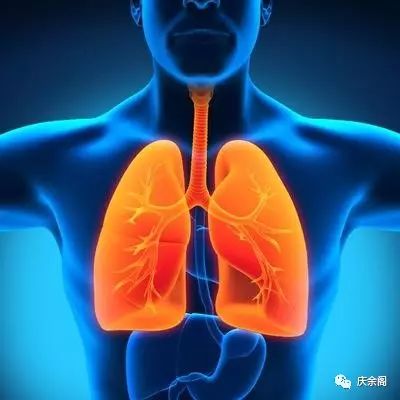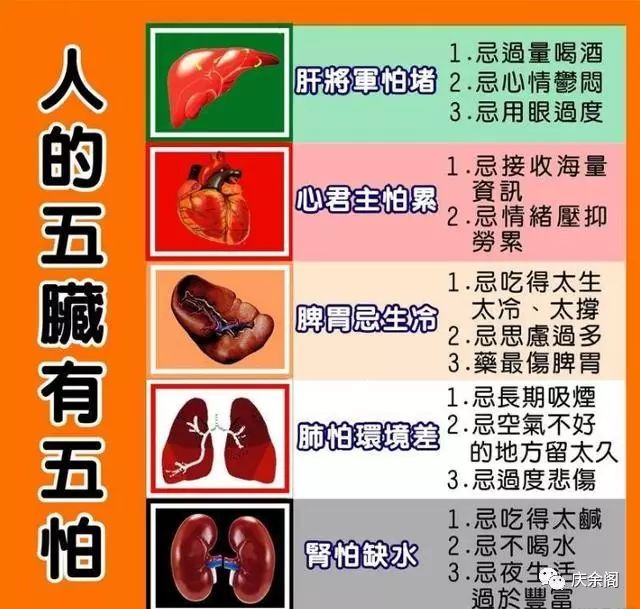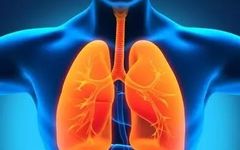In Traditional Chinese Medicine (TCM), many diseases are diagnosed using the Eight Principles (八纲辩证, bā gāng biàn zhèng), which include Yin-Yang, Interior-Exterior, Deficiency-Excess, and Cold-Heat. Each of these principles has different implications for diagnosis. For instance, Yin-Yang is the core of the Eight Principles, with the other six categories encompassed within it. The judgment of Yin-Yang is a comprehensive assessment that includes Cold-Heat, the nature of the disease, and its location.
Among these, the differentiation of Deficiency and Excess is generally holistic, but sometimes precise medication and health maintenance require an understanding of the specific Deficiency and Excess of the Five Organs (五脏, wǔ zàng). Only by understanding the Deficiency and Excess of the Five Organs can one accurately grasp the condition. Generally speaking, Deficiency refers to the deficiency of Zheng Qi (正气, zhèng qì), while Excess refers to the prevalence of Xie Qi (邪气, xié qì). Thus, “when essence and qi are depleted, it is Deficiency; when pathogenic qi is abundant, it is Excess.”

Lung
How to Determine Lung Deficiency and Excess?
There are many methods to assess Lung Deficiency. The Huangdi Neijing suggests using the skin as an indicator, stating that “the cold and heat of the skin” can be used for judgment. “The Lung governs the skin; if the skin is hot, Lung Qi is in Excess.” If a person frequently has a higher skin temperature than others, it indicates Lung Qi Excess; conversely, if their skin temperature is relatively low, it represents Lung Qi Deficiency.

Heart
How to Determine Heart Deficiency and Excess?
Generally, the assessment of Heart Qi Deficiency and Excess is made through emotional states. For example, Heart Qi Deficiency is associated with sadness, while Heart Qi Excess is linked to laughter. Pulse diagnosis can also be used; typically, the pulse’s strength directly reflects the state of Heart Qi. “A thin pulse indicates Heart Qi Deficiency.” If a person’s pulse feels very thin, it indicates Heart Qi Deficiency; if the pulse is strong, it represents Heart Qi Excess.
How to Determine Spleen Deficiency and Excess?
The Deficiency and Excess of the Spleen and Stomach are easiest to assess, generally based on the quantity and palatability of food intake. “If food is not consumed, it indicates Spleen Qi Deficiency.” For many individuals with anorexia, it is certainly a sign of Spleen and Stomach Deficiency. Sometimes, it may also manifest as weakness in the limbs, inability to digest food, passing undigested food, abdominal distension, and excessive worry. Some individuals may have Spleen and Stomach Excess, which is not necessarily characterized by a large appetite but rather by abdominal distension, indicating Spleen Qi Excess. Both Deficiency and Excess are pathological states, so discomfort can occur in either condition.
How to Determine Liver Deficiency and Excess?
Generally, the assessment of Liver Deficiency and Excess is made through the eyes. For instance, individuals with Liver Deficiency often experience poor vision and blurred sight. The Huangdi Neijing states, “The Liver governs the energy of spring; if energy is low, it indicates Liver Qi Deficiency.” To determine if a person has Liver Deficiency, one can observe if they are often lethargic and quiet. Typically, “those with Liver Deficiency have eyes that are dull and cannot see well, or they may experience contraction and spasms, leading to fear.” Liver Deficiency may also manifest as a retraction of the scrotum and fearfulness.
If Liver Qi is in Excess, it often presents as dizziness. “Dizziness indicates Liver Excess,” and it may also manifest as pain in the sides and lower abdomen, along with frequent anger. Symptoms of Liver Qi Excess are common triggers for many women’s diseases and diabetes in modern society. Ancient texts often emphasize controlling anger, as managing anger can eliminate many causes of illness.
How to Determine Kidney Deficiency and Excess?
Kidney Deficiency is a common issue among many men and women today, leading to self-suggestion when the term is mentioned. However, there are specific criteria for assessing Kidney Deficiency, such as lower back pain, loose teeth, impotence, and premature ejaculation. When Kidney Deficiency reaches a certain level, it is no longer just these symptoms; typically, extreme Kidney Qi Deficiency can lead to irregularities in urination.
Five Organs Health Maintenance
If Kidney Qi is in Excess, it often leads to urinary obstruction. Modern constipation and prostatitis are, strictly speaking, due to Kidney Qi Excess rather than Deficiency. “Those with Kidney Excess often experience obstruction in the lower jiao, which may be painful, distended, or hot, affecting urination.” Therefore, treatment should focus on reduction rather than addition.
In health maintenance, only by understanding the state of Deficiency and Excess can one correctly guide medication. When both Deficiency and Excess are present, it is necessary to supplement while also draining, and vice versa.

